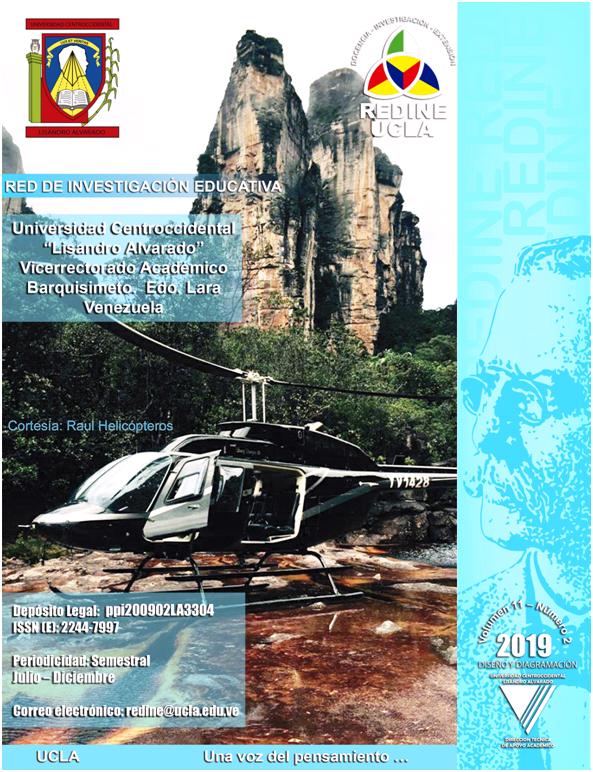physical education in the formation of the police service: a cosmovision from the humanist pedagogical perspective
Abstract
The present research aims to establish the possible relationship between the degree of integration of Information and communication technologies The present investigation has as purpose to know the Physical Education in the formation of the police service: A worldview from the humanistic pedagogical perspective in the National Experimental University of the Security. In this sense, the intention is to unveil from the language expressed by the social actors in terms of the behaviors and roles assumed in the pedagogical meetings planned in the field of Physical Education. Methodologically, this study is developed through a qualitative approach, under the theoretical perspective of interpretativism, approached from a phenomenological method, supported by the intersubjectivity of key versions, selected according to years of experience, desire to participate and experiences obtained from an ontoepistemological nature. Similarly, the observation technique and the semi-structured conversational type interview were used. The study allowed us to visualize the permanence of the coercive archetype in terms of police physical preparation in the spaces of the Lara training center. At the same time, it was perceived that there is recidivism in implacable practices in the name of physical education, invalidating the preponderant role that said discipline contemplates in its pedagogical principles. What generates an environment of uncertainty among directors, coordinators, teachers and students; the latter being the most affected within the educational process.
Downloads
Published
How to Cite
Issue
Section
Derechos del/de autor/es a partir del año de publicación
Esta obra está bajo la licencia:
Creative Commons Reconocimiento-NoComercial-CompartirIgual 4.0 Internacional (CC BY-NC-SA 4.0)
Las opiniones expresadas por los autores no necesariamente reflejan la postura del editor de la publicación ni de la UCLA. Se autoriza la reproducción total o parcial de los textos aquí publicados, siempre y cuando se cite la fuente completa y la dirección electrónica de esta revista. Los autores(as) tienen el derecho de utilizar sus artículos para cualquier propósito siempre y cuando se realice sin fines de lucro. Los autores(as) pueden publicar en internet o cualquier otro medio la versión final aprobada de su trabajo, luego que esta ha sido publicada en esta revista.




